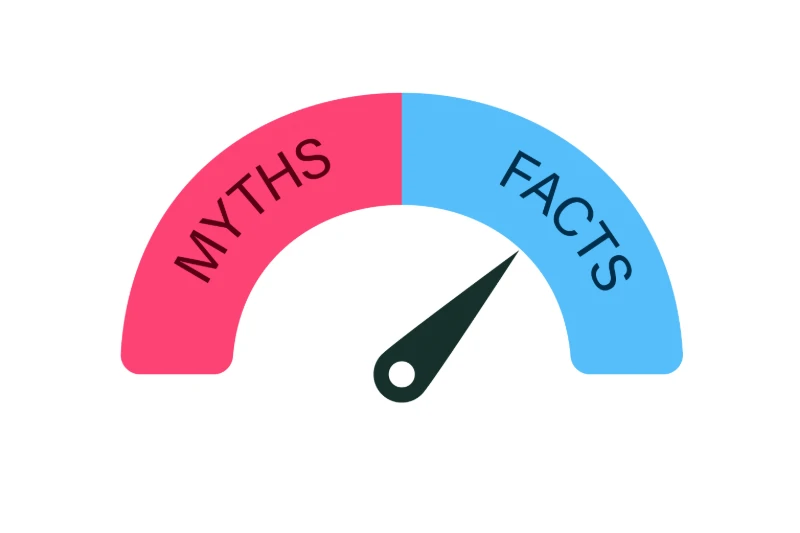When it comes to getting a mortgage, there’s no shortage of misinformation. Many homebuyers, especially…
An Essential Guide for Home Buyers
Finding your dream home can seem like looking for a needle in a haystack. These essential tips can help when searching for the perfect fit.
First, set your budget before you start searching for a home.
Setting a price range is important because your budget can help narrow your search. Getting pre-qualified for a mortgage is a great way to determine your budget. Here are some quick tips for finding your dream home:
1. Set your budget before you start looking.
2. Consider location.
3. Decide what features you need.
4. Check for any problems in the property.
5. Be prepared to compromise.
6. Think about the features you can personalize.
By following these tips, you’ll be on your way to finding your perfect home. Here are some quick tips for finding your dream home:
1. Set your budget before you start looking.
2. Consider location.
3. Decide what features you need.
4. Check for any problems in the property.
5. Be prepared to compromise.
6. Think about the features you can personalize.
By following these tips, you’ll be on your way to finding your perfect home. Pre-qualification is a quick and straightforward way for a mortgage pro to assess your financial situation and give you an estimate of what you can afford.
Pre-approval vs pre-qualification
Pre-qualification is a significant first step, but you must also get pre-approved for a home mortgage. Pre-approval is more in-depth. You must provide documents and records concerning your debt, income, and credit history. A mortgage pro and underwriter will use these to verify your eligibility.
Once you get pre-approved, the mortgage pro will give you a pre-approved loan amount. This tells you how much you can afford. Pre-qualification is easy to understand the budget, but pre-approval gives you a more exact max loan amount. Remember, your pre-approved loan amount is the max. Focus your search on homes that cost less than the maximum loan amount.
Consider the location
Location! Location! Location! You know how it goes. As cliché as it sounds, this saying is around for a reason! It will help if you consider the location of your new home.
Some questions to consider:
- Do you want to live in a walkable area?
- Do you want to belong to a tight-knit community?
- Are you looking for a more private space?
- How safe is the area?
- How easily can you commute?
- Is this your preferred school district?
- Is it close enough to family and friends?
A great way to figure this out is to consider where you live. What do you wish was different about the area you’re in now?
Think about the features that are important to you.
When deciding on the features that matter most, plan for the future. If you want to expand your family, you’ll need more space.
Also, consider what lifestyle amenities are essential to you. You may love to garden, so you’ll want a yard big enough that allows room for your favorite hobby.
As you think about your current location, you should also ask about your living situation. What do you wish was different? What features are you missing out on in your new home now that you’d like to have? For instance, are you obsessed with baking and want a larger kitchen?
Some house features worth thinking about:
- Size
- Square footage
- A/C
- # of bathrooms and bedrooms
- How Much Outdoor space
- The layout that meets your needs
- Natural light
- Storage space
- Assess The Property Conditions
As you narrow your search and start touring houses, you must look for any red flags. Essentially, you will need to check for any problems that will be difficult and expensive to fix:
- Water damage and mold
- Older insulation
- Electrical wiring issues
- Damaged roof
- Older HVAC, heating, and A/C systems
- Plumbing Issues
- Unlevel floors
- Foundation and Exterior Cracks
As you start going to houses, come prepared with questions. Why do the sellers want to move? When was the house built? Are there any issues or problems with the home? How long has the house been listed?
Think about features you can personalize and change.
Keep up on minor cosmetic details like paint color, landscaping, or lighting. A fresh coat of paint can entice home buyers, but it’s easier to paint the walls than replace a roof.
Consider your budget carefully for more heavy-duty renovations, like the kitchen or bathroom. Choosing a home that’s more of a fixer-upper can make sense if it’s in your perfect location and has the other significant features you need.
If you plan on renovating the home, keep track of your final closing costs and move-in expenses. You may feel motivated to start renovations right after moving in, but some updates may have to wait until you’ve paid for the more urgent expenses.
Separate your needs from your wants.
You may want to live near downtown but must stay within your budget. While having your cake and eating it would be nice, you must compromise as you search for your dream home.
Separating your needs and your wants can feel like a balancing act at first. But, eventually, things will fall into place as you reach your dream of homeownership.





